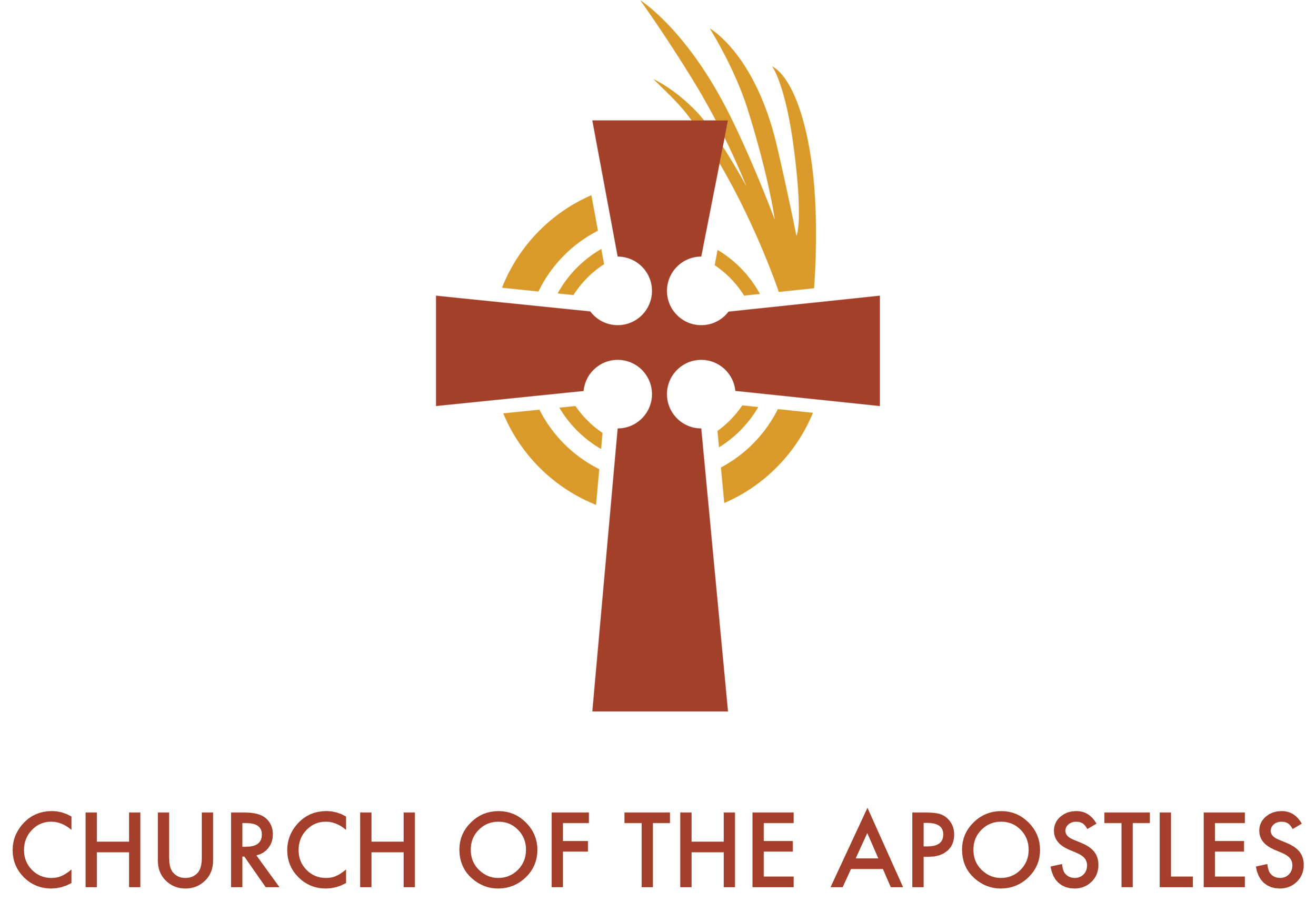Daily Office
During Eastertide, pray with the worldwide church
using these resources:
Concerning the Daily Office and Lectionary
The Daily Office Lectionary is arranged in a two-year cycle.
Three readings are provided for each Sunday and weekday. Two of the readings may be used in the morning and one in the evening; or, if the Office is read only once in the day, all three readings may be used. When the Office is read twice in the day, it is suggested that the Gospel reading be used in the morning.
When praying the Daily Office with others, one person should act as the officiant and others as the people. It is appropriate that other persons than the officiant be assigned to read the lessons, and to lead other parts of the service not specifically assigned to the officiant. When praying alone, the reader acts as both officiant and the people.
Concerning the Apocrypha
The abbreviation Ecclus. stands for Ecclesiasticus, an Apocryphal book. The Thirty-nine Articles of Religion, one of our doctrinal foundations, describes the Apocrypha. “And the other Books the Church does read for example of life and instruction of manners; but yet does it not apply them to establish any doctrine.” Think of the Apocrypha as a real-time commentary and companion used by the people of God to help us place the Scriptures in their historical and societal context of when they were written and received as well as giving supporting ideas and language to the truth contained in the biblical Canon.
Ecclesiasticus, also called the Wisdom of Jesus the Son of Sirach, is a Jewish work originally in Hebrew of ethical teachings, from approximately 200 to 175 BCE, written by the Jewish scribe Ben Sira of Jerusalem, on the inspiration of his father Joshua son of Sirach. This book appeared in the Septuagint, the Greek translation of the Hebrew Bible, though it was later designated as apocryphal by Jews. Like other major wisdom books (Proverbs, Ecclesiastes, Job, and Wisdom of Solomon), Ecclesiasticus contains practical and moral rules and exhortations, frequently arranged according to subject matter—e.g., hypocrisy, generosity, filial respect. As is the case in biblical poetry Wisdom is personified as a female. In Ecclesiasticus she is given the name Sophia, or Lady Wisdom, delivers an extended discourse on her eternal relationship with God, and is identified with the Mosaic Law.
The Daily Office Lectionary designates Ecclesiasticus in place of the Old Testament reading for twenty-four days beginning in October. You can find a digital copy of Ecclesiasticus with a simple internet search. For those who would rather not read selections from the Apocrypha, it is appropriate to substitute one chapter of the Book of Proverbs each day in place of selections from Ecclesiasticus.
You can find the Daily Office Lectionary by clicking here: https://www.bcponline.org/ .

